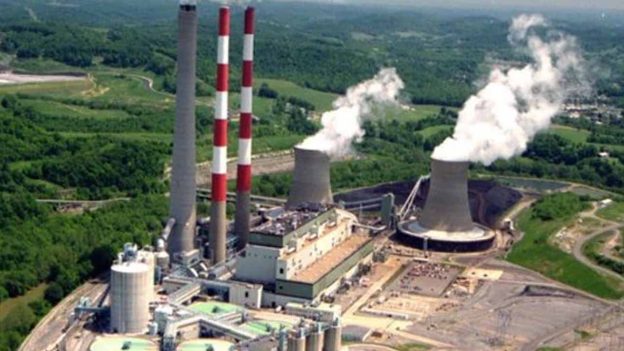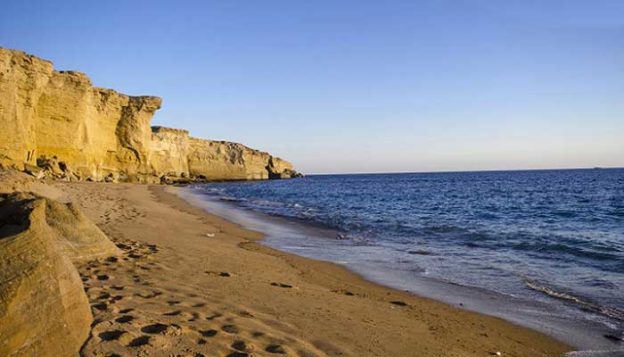Balochistan’s port city of Gwadar is now less power-deficient in practical terms after the 100MW Iran-Gwadar power transmission project.
Abdul Aziz Uqaili, the Chief Secretary of Balochistan and an engineer too said last month that Prime Minister Shehbaz Sharif would inaugurate the 100MW Iran-Gwadar power transmission project during his visit to Balochistan which was due by writing this report.
Uqaili who was there for a high-level meeting to review the ongoing uplift projects in Gwadar said under the power transmission project, Gwadar will get 100 megawatts of electricity from Iran.
National Dispatch Company (NDC), Quetta Electric Supply Company (QESC), Gwadar Port Authority (GPA), Gwadar Development Authority (GDA), China Overseas Port Holding Company, and the departments concede with the project have completed their preparations.
The project was complete and what was left was the unveiling of the project that the prime minister was to do. The electricity supply to Gwadar will be formally started.
During his visit, the PM will also open the project of the first cross-stuffing facility at Gwadar Port, dredging at Gwadar Port. Besides, distribution of boat engine checks to the deserving fishermen of Gwadar will also be done,” he said.
The chief secretary reportedly stressed that the incumbent government was committed to the development of the coastal belt of Balochistan and through various uplift projects launched in the province, trying to benefit the local people of Balochistan.
“The implementation of all these projects is part of the vision of the PM Pakistan for Balochistan,” he emphasized.
Moreover, he was briefed about the administrative structure of the Gwadar district, its historical importance, and ongoing development projects by the federal and provincial governments.
Gwadar power woes are likely to be addressed by the end of this year after the completion of the 300 megawatts (MW) coal-fired power plant.
The 300MW coal-fired Gwadar Power Plant would cater needs of some 150,000 local people by the end of 2023 under the 2050 Master Plan of Gwadar.
The power plant of an independent power producer was one of the key energy projects under the China-Pakistan Economic Corridor (CPEC), he added.
The project aimed at improving the reliability of the local power supply which would help gradually solve the problems in current economic development and urban construction in the Gwadar region, which is being restricted by the shortage of power.
All major projects under CPEC in Gwadar, including Gwadar Power Plant, the New Gwadar International Airport Project, the China Pak Friendship Hospital, China-Pak Technical and Vocational Institute in Gwadar, the Gwadar East-bay Expressway Project, Gwadar Free Zone, and Gwadar Port need energy.
Makran division of Balochistan depends on Iranian power for a long. Pakistan signed with Iran agreement in 2003 under which Iran had to daily supply 35 megawatts to Balochistan’s coastal belt.
In 2011, the agreement was extended, and Iran was asked to increase the capacity to 70 megawatts.
Five years later, when construction work in the deep-sea port of Gwadar gained momentum, 30 megawatts were added to the power supply and Iran has since been selling 100 megawatts to Pakistan to light up its coastal areas.
“Power shortfalls in Iran have led to load shedding in Gwadar, Turbat, and Makraan regions. These areas are not connected to the national grid and are dependant upon the Iranian power supply.
Gwadar turns less power-deficient city









